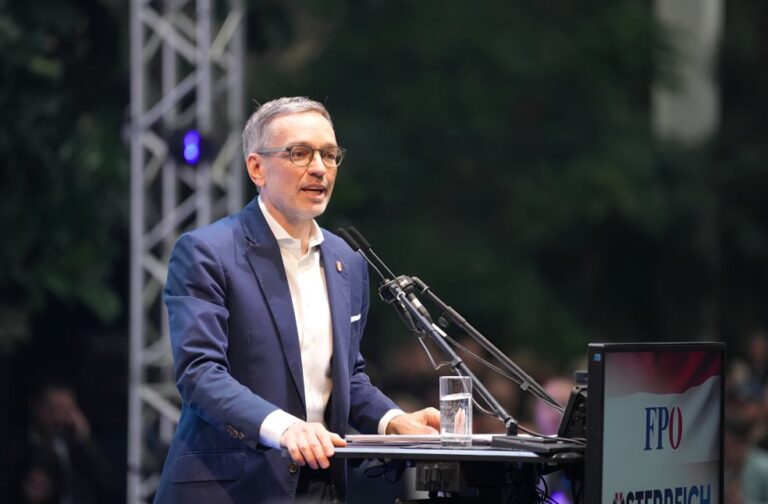Austria: Austria is facing renewed political uncertainty after the far-right Freedom Party (FPO) abandoned its attempt to form a coalition government with the conservative People’s Party (OVP). The collapse of negotiations comes after weeks of hectic discussions and marks the second failed coalition attempt since September’s general election.
FPO leader Herbert Kickl announced the decision, blaming the OVP for refusing to compromise. Herbert Kickl stated that, “Although we made compromises on many points, the OVP was more concerned with power games than reaching an agreement.” Kickl has now called for swift new elections.
Austria’s coalition negotiations, usually held behind closed doors, became increasingly public in recent days as both parties dismissed statements about their demands. The FPO sought control of both the powerful finance and interior ministries, a key sticking point for the OVP. Meanwhile, the OVP demanded assurances against Russian influence in Austria and insisted that Vienna remain a dedicated partner to the European Union.
The OVP’s General Secretary, Alexander Proll, blamed Kickl for failing to negotiate in good faith. Alexander Proll stated that, “In five weeks, Kickl sat at the negotiating table for just seven hours,” accusing the FPO leader of seeking “total power” rather than compromise.

With no clear route to a majority government, President Alexander Van der Bellen has sketched four possible options: fresh elections, a minority government, a technocratic government, or another attempt at forming a parliamentary coalition. He is desired to consult with party leaders in the coming days to determine the most viable path forward.
The FPO made history in September by winning 28.8 percent of the vote, narrowly ahead of Chancellor Karl Nehammer’s OVP at 26.3 percent. Despite this, Van der Bellen initially granted Nehammer the first chance to form a government, an attempt that failed in early January.
The Freedom Party was then given the mandate, but tha announcement confirms its incapacity to secure a working coalition. Political analyst Thomas Hofer noted that trust between the two parties was non-existent.
Thomas Hofer stated that, “Kickl tried to adopt Trump’s ‘promises kept’ playbook, but that doesn’t work in a coalition system.” As Austria awaits its next political move, uncertainty stays over whether new elections or an alternative government structure will arise in the coming weeks.



